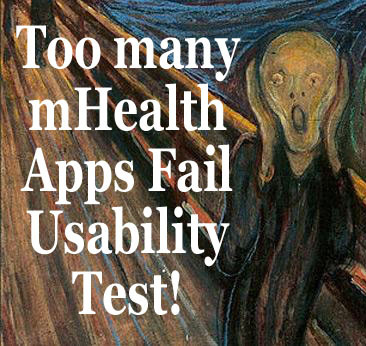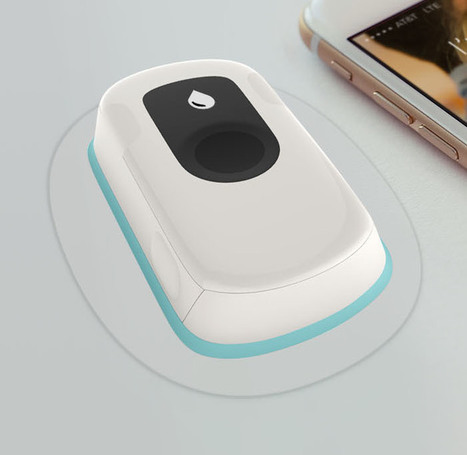A new UCSF study finds that some of the most popular apps for diabetes, depression and caregivers are too difficult to use, especially by underserved populations.
The study, published this week in the Journal of General Internal Medicine, finds that the apps aren’t easy to use, especially by low-income and underserved users who should be their target audience. And if they’re too difficult, the user will get frustrated and ditch them.
Gourley and Urmimala Sarkar, MD, a UCSF associate professor of medicine, led a team of researchers in the study at The Priscilla Chan and Mark Zuckerberg San Francisco General Hospital and Trauma Center, a UCSF partner hospital. The team introduced 26 patients to three or four apps apiece, each focused on their condition, be it diabetes or depression; some of the users were caregivers to elderly patients, and were asked to try caregiver apps.
In many cases, patients had difficulty accessing features or entering data, and in almost every case the patient didn’t get far enough to use that data. Over the course of the study, the patients only completed about half of the data-entry tasks, and only 43 percent were able to retrieve data from the apps.
“We have such a great opportunity now for patients to use mobile technology to interact with their medical providers and to become more involved in their own care – which we know results in improved health outcomes,” Sarkar said in the press release. “Nowhere is this more important than for vulnerable populations who often suffer disproportionately from a multitude of chronic, serious conditions. If we can give them the tools to manage their health between medical visits, the benefits could be tremendous.”
Via Pharma Guy



 Your new post is loading...
Your new post is loading...










This is not good news for pharma companies that wish to use mHealth apps to collect data from clinical trial participants. GSK, for example Developed a Rheumatoid Arthritis App for Clinical Trial Using Apple's ResearchKit (http://sco.lt/5j773J). Even using this type of advanced technology does not guarantee that the app will be used to its full extent. It will be interesting to see if GSK reports on the usability of its app in the real world of clinical trials.